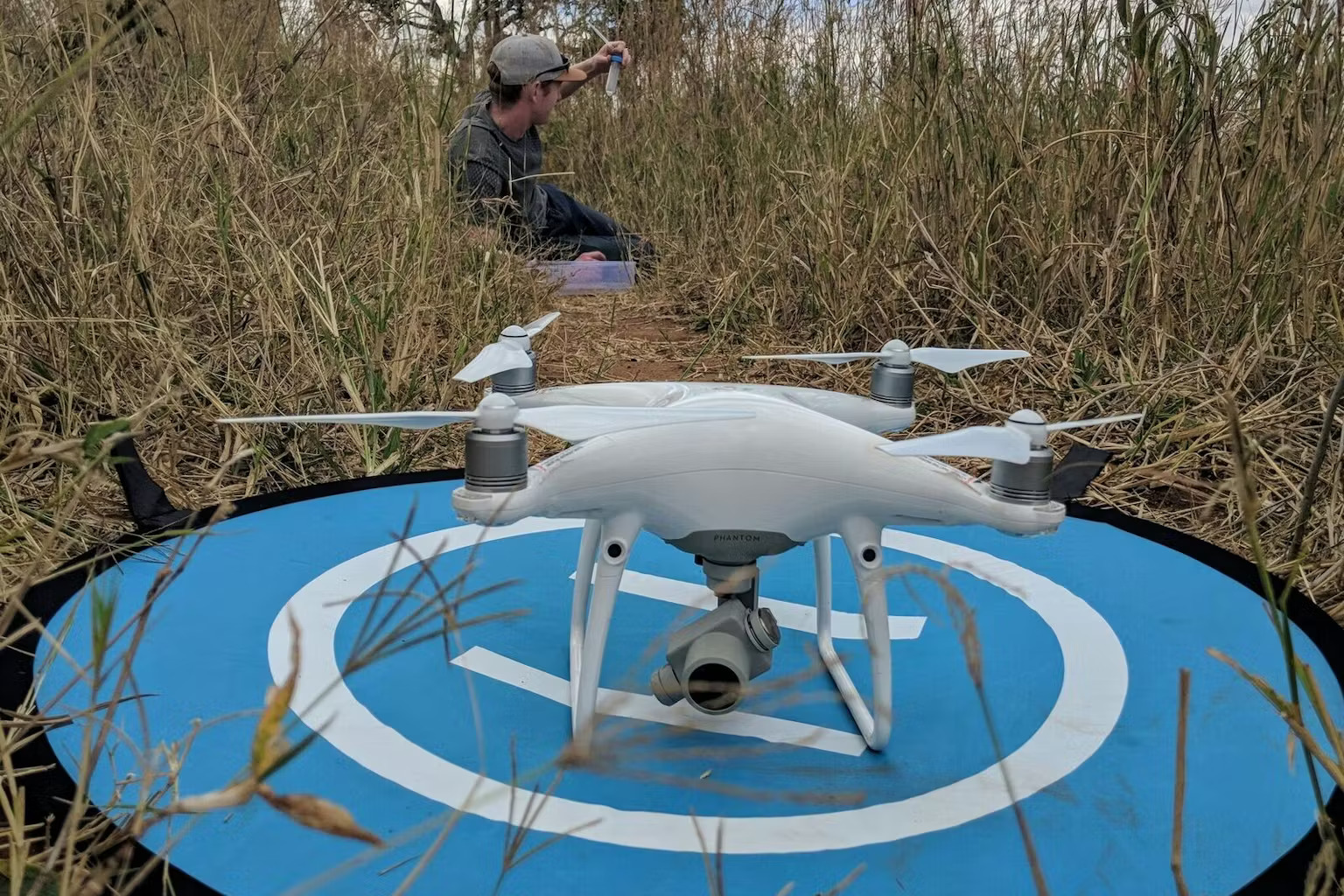Japanese health-tech startup SORA Technology is gearing up to deploy drone-powered malaria control in Nigeria, as the country remains in the grip of one of the highest burdens of malaria in the world.
Having worked across West and East Africa for several years, the company says its drone-and-AI system targets mosquito larvae with much better precision and lower cost than previous methods.
The discussions, according to SORA’s Chief Operations Officer Marina Ishikawa, are already advancing with Nigeria’s National Malaria Elimination Programme (NMEP), while the company has already hired a local representative to coordinate a planned pilot.
The urgency is clear. Nigeria saw an estimated 68 million malaria cases and 194,000 deaths in 2022, according to regional data from the WHO. The country accounted for about 27% of cases and 30.9% of deaths globally in 2023, with children under five years carrying the heaviest burden.
With malaria-carrying mosquitoes shifting to outdoors and even daytime biting, traditional tools such as insecticide and treated nets are losing their long-standing effectiveness. SORA believes that tackling mosquitoes at the larval stage offers a new line of defence that Nigeria urgently needs.
Central to SORA’s model is the use of drones and artificial intelligence that map out standing water, identifying which pools are likely to host the larvae of anopheles mosquitoes.
The company says field operations indicate that only about 30% of water bodies actually host larvae capable of transmitting malaria, a realisation that drastically cuts down on the usually large amounts of chemicals and labour required for larviciding.
The system has already been tested in Ghana, Sierra Leone, Benin, Kenya, and most recently, Mozambique, where SORA is working in partnership with the World Health Organisation. Plans are underway to expand to Zanzibar and mainland Tanzania next year, part of a broader strategy to reach more than ten African countries.
But Nigeria is not starting from zero. The country already has an existing ecosystem of malaria control solutions that could help integrate and strengthen SORA’s model.
The National Malaria Elimination Programme, which SORA is currently in discussions with, coordinates nationwide interventions, including indoor residual spraying, distribution of long-lasting insecticide-treated nets, and community-based malaria diagnosis and treatment.
The NMEP’s surveillance systems, especially the Integrated Vector Management approach, provide the country with a baseline structure for monitoring mosquito populations and tracking resistance patterns.
In addition, Nigeria has been a part of the Seasonal Malaria Chemoprevention programme supported by UNICEF and the Global Fund, providing preventive malaria medication to millions under five in high-transmission states.
Evidence has it that such interventions greatly reduce the cases of malaria and hospital admissions. Integrating drone-guided larval control with SMC could deepen impact, especially in hard-to-reach communities where drug delivery or mosquito-net usage is inconsistent.
Several Nigerian NGOs and research institutions lead long-standing malaria control programmes. For example, the Malaria Consortium provides support for entomological surveillance, data reporting, and operational research across northern states.
Vector resistance mapping by the Institute of Medical Research, Lagos, provides vital evidence that has helped health authorities in the refinement of control strategies.
These institutions have already established local technical capacity, which can be aligned with SORA’s training-driven model emphasising teaching local teams to operate drone systems independently.
Funding pipelines are also in place. Nigeria continues to be one of the largest recipients of Global Fund malaria grants in Africa, supporting everything from diagnostic test kits to community health worker training.
The World Bank’s IMPACT Project and the U.S. President’s Malaria Initiative (PMI) further strengthened health system capacity by supplying commodities, enhancing data systems and supporting research into insecticide resistance.
If SORA’s pilot aligns with these long-term programmes, it could benefit from existing procurement channels and governance structures. Ultimately, SORA’s move to Nigeria will test how far innovative tools can go when layered into existing national systems.
In Nigeria, the country where deaths and weakness from malaria continue unabated in communities, these tools will add to ongoing efforts and push the country toward a future where malaria is not an unavoidable reality.
Summary not available at this time.






